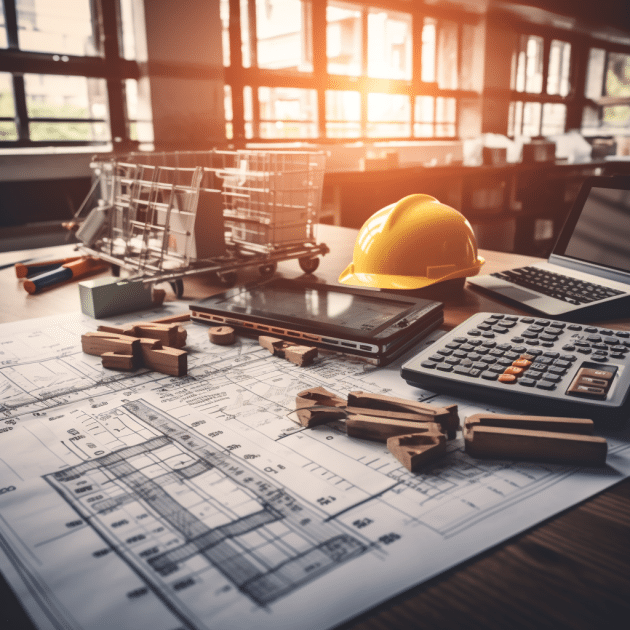Construction Cost Analysis: Best Practices and Tools for Project Managers

Construction projects are complex endeavours that require careful cost analysis to ensure success. Construction cost analysis involves evaluating and monitoring project expenses to control the budget, identify cost-saving opportunities, and make informed decisions. This article delves into the best practices and tools for construction cost analysis, highlighting their importance in effective project management.
1. Thorough Project Planning
Thorough project planning is essential for accurate cost analysis. Before construction begins, project managers should develop a detailed project plan that includes a breakdown of tasks, timelines, and cost estimates. This plan serves as a baseline for cost analysis throughout the project, allowing for an effective comparison of actual costs against estimated costs.
2. Real-Time Cost Tracking
Real-time cost tracking is crucial for keeping project expenses in check. Project managers should implement a robust system to track costs as they occur. This may involve regular updates from subcontractors, suppliers, and internal teams, as well as diligent record-keeping of invoices, receipts, and change orders. Real-time cost tracking provides visibility into project expenditures, enabling early identification of cost overruns or discrepancies.
3. Regular Cost Reviews and Comparisons
Regular cost reviews and comparisons help project managers analyze project expenses against the budget and identify areas of concern. By conducting periodic reviews, project managers can identify any deviations from the estimated costs and take appropriate actions. These reviews also allow for continuous evaluation of cost-saving opportunities, such as alternative material selections or process improvements.
4. Value Engineering
Value engineering is a systematic approach to optimize project costs without compromising quality or functionality. Project managers should encourage collaboration between the project team, including designers, engineers, and subcontractors, to explore innovative solutions that deliver value while reducing costs. Value engineering can identify cost-saving alternatives, streamline construction processes, and optimize resource utilization, resulting in more efficient and cost-effective projects.
5. Utilizing Construction Cost Management Software
Construction cost management software is a valuable tool for project managers. These software solutions streamline cost analysis and provide real-time insights into project finances. Features may include budget tracking, change order management, cost forecasting, and reporting capabilities. By utilizing construction cost management software, project managers can improve accuracy, efficiency, and transparency in cost analysis, facilitating better decision-making.
6. Risk Assessment and Mitigation
Effective cost analysis involves identifying and mitigating potential risks that may impact project expenses. Project managers should conduct thorough risk assessments, considering factors such as material price fluctuations, labour availability, weather conditions, and regulatory changes. By proactively addressing potential risks, project managers can develop contingency plans and allocate appropriate reserves, minimizing the impact on the project’s financial health.
7. Stakeholder Communication
Open and effective communication with stakeholders is crucial for successful cost analysis. Project managers should regularly communicate with clients, subcontractors, suppliers, and internal teams to ensure everyone is aligned regarding cost expectations and any changes that may impact the budget. Transparent communication fosters trust, manages expectations, and minimizes misunderstandings, resulting in smoother cost analysis and project execution.
Construction cost analysis is a vital component of successful project management. By implementing best practices such as thorough project planning, real-time cost tracking, regular cost reviews, value engineering, utilizing construction cost management software, conducting risk assessments, and maintaining effective stakeholder communication, project managers can effectively analyze project expenses. Accurate cost analysis enables informed decision-making, cost control, and the successful completion of construction projects within budget. Embracing these best practices and leveraging appropriate tools empowers project managers to navigate the complexities of cost analysis and deliver successful construction projects.
